
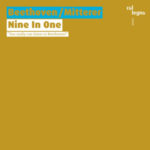
Didn’t Glenn Gould tell us that a child’s fiddling with […]

Pianist Melissa Galosi’s recording titled “Games” is a clever recital mixing Mozart and György Kurtág at their most playful selves. The title refers both to
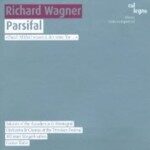
If you compare the timings of this performance (3:37:26) with, say, an un-Knappertsbuschian/Toscaninian reading such as Barenboim’s on Teldec (4:16:25) you would conclude that this
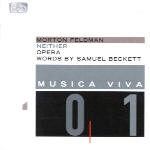
The opera Neither (1977) is one of the few text-based compositions in Morton Feldman’s rather extensive and very idiosyncratic canon. As in his other vocal
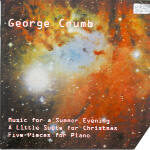
At least in its execution, George Crumb’s creative vision shows more than a casual familiarity with the prepared piano pieces of John Cage and also
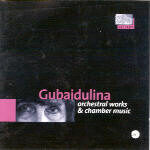
Sofia Gubaidulina (b. 1931) has been called the most important living female composer in the world, but it’s hard to tell with this disc. Her

Wolfgang Rihm’s (b. 1952) music often sounds like a postmodern update of some of the ideas found in Stockhausen, Boulez, and other northern European composers
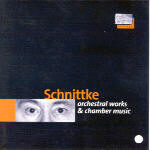
Performances of Alfred Schnittke’s music require two important elements: spot-on execution by the performers, and a palpable depth to the recording ambience. Otherwise, Schnittke’s music

Pierre Boulez (b. 1925) arguably is the greatest advocate of modernism the music world has ever seen. He studied under Olivier Messiaen who already had
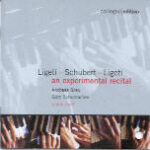
An experimental recital, reads the provocative title. The “experiment” is this: The Grau-Schumacher duo program Gyorgy Ligeti’s Three Pieces for Two Pianos not in successive
![]()
